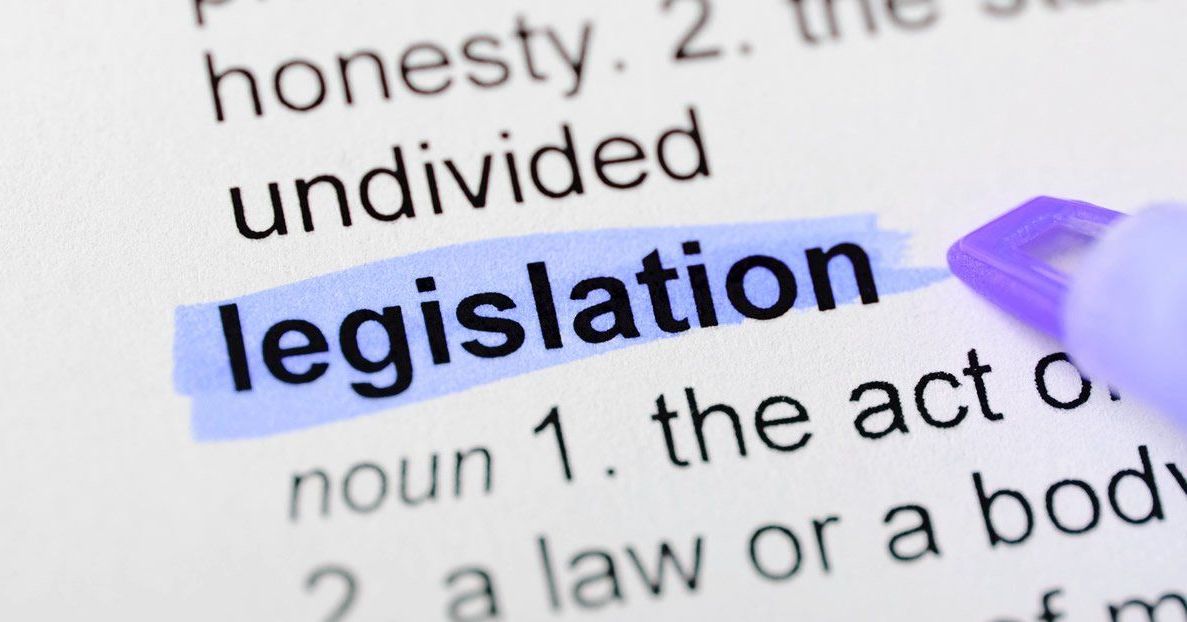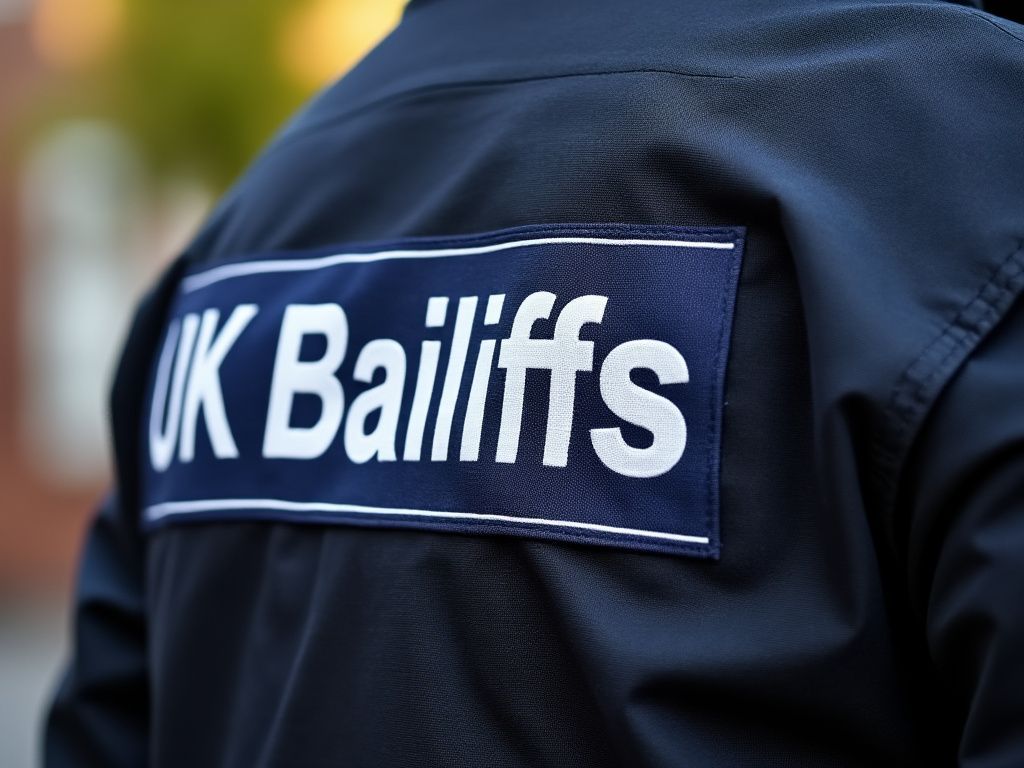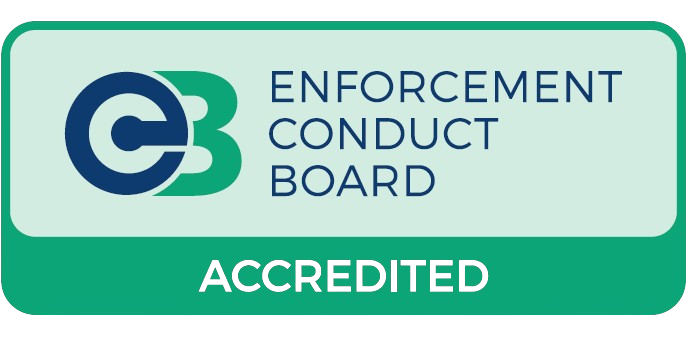NEWS and Updates
Bailiff powers when they visit your home

Bailiff powers when they visit your home
What you can do when a bailiff visits
A bailiff (‘enforcement agent’) may visit your home if you do not pay your debts - such as Council Tax bills, parking fines, court fines and county court, high court or family court judgments.
This will happen if you ignore letters saying that bailiffs will be used.
There are different kinds of bailiffs, known as:
- ‘certificated enforcement agents’ (also known as ‘civil enforcement agents’)
- ‘high court enforcement officers’ (agents working under a high court enforcement officer are known as certificated enforcement agents'
- county court and family court bailiffs’
- bailiffs who enforce magistrates’ court fines and warrants for arrests (either ‘civilian enforcement officers’ or ‘Approved Enforcement Agents’)
A bailiff may also visit your home for other reasons, for example to serve court documents or give notices and summons.
An Approved Enforcement Agent can arrest you if there’s a warrant for your arrest forbreaking a community penalty order.
Bailiffs usually give you at least 7 days’ notice of their first visit but in certain cases do not need to give notice.
Paying what you owe before a bailiff visits
If you think a bailiff might visit you to collect debts, you can stop this by paying the money you owe. Get advice about how to pay your debt from whoever you owe money to as soon as possible.
You might be arrested if you do not pay criminal debts, such as fines or penalty notices.
Dealing with bailiffs
You usually do not have to open your door to a bailiff or let them in.
Bailiffs cannot usually enter your home
- by force, for example by pushing past you
- if only children under 16 or vulnerable people (with disabilities, for example) are present
- between 9pm and 6am
- through anything except the door
Bailiffs are allowed to force their way into your home to collect unpaid criminal fines, Income Tax or Stamp Duty, but only as a last resort.
If you do not let a bailiff in or agree to pay them they could take things from outside your home, for example your car you could end up owing even more money
If you do let a bailiff in but do not pay them they may take some of your belongings. They could sell the items to pay debts and cover their fees.
You may be able to get extra time to make a payment or get debt advice if you’re a vulnerable person (for example, you have mental health problems or are seriously ill).
Check the bailiff’s identity
Before you let a bailiff in to take your things or pay them, ask to see proof of their identity, such as a badge, ID card or enforcement agent certificate which company they’re from a telephone contact number, a detailed breakdown of the amount owed
All bailiffs must have a certificate unless they’re exempt or they’re with someone who does have a certificate.
Anyone who claims to be a bailiff when they are not is committing fraud.
To check a bailiff’s identity you can check the register of certificated bailiffs if they say they’re a certificated enforcement agent or contact the court that sent them if they say they’re a county court bailiff, family court bailiff or a civilian enforcement officer
You can check the registry HERE
Paying a bailiff
You can pay the bailiff on the doorstep - you do not have to let them into your home.
Make sure you get a receipt to prove you’ve paid.
If you cannot pay all the money right away, speak to the bailiff about how you could pay the money back.. The bailiff does not have to accept your offer.
What bailiffs can and cannot take
If you let a bailiff into your home, they may take some of your belongings to sell.
Bailiffs can take luxury items, for example a TV or games console.
They cannot usually take:
- things you need, such as your clothes, cooker or fridge
- work tools and equipment which together are worth less than £1,350
- someone else’s belongings, such as your partner’s computer
You’ll have to prove that someone else’s goods do not belong to you.
How to complain about a bailiff
You can complain about a bailiff (‘enforcement agent’) if you think they’ve broken the rules, for example if they:
- threaten or harass you
- try to break into your home without a warrant
- try to charge you incorrect fees
- take goods belonging to someone else
- take essential items, including things you need for work
You can complain both to: whoever the bailiff is working for or the people you owe money to
Complain to a court about a bailiff’s behaviour
If a bailiff has a certificate allowing them to carry out enforcement action (a certificated enforcement agent) you can ask the court to consider whether they should be allowed to continue operating. You need to:
fill out and submit an EAC2 form (https://www.gov.uk/government/publications/form-eac2-complaint-against-a-certificated-person)send it to the court where the agent is registered - you can find this on the certificated enforcement register.
The court can remove the agent’s certificate or order them to pay compensation.
It’s free to make a complaint, but you may have to pay legal costs if you complain to a court and they decide there were no ‘reasonable grounds’ for the complaint.









